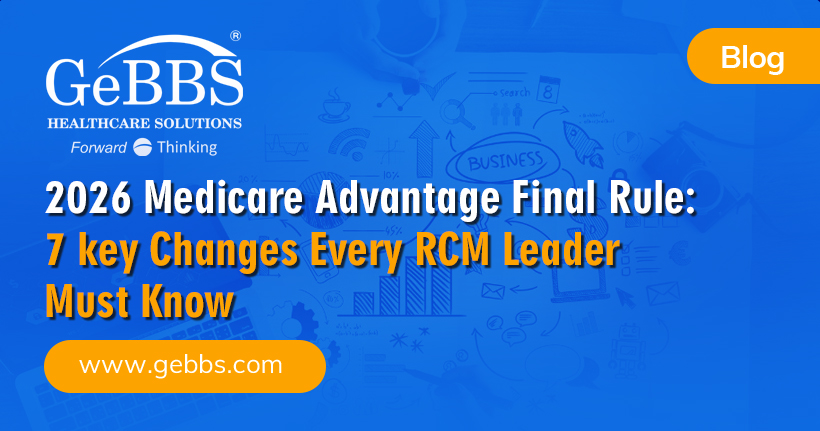Improving your revenue cycle in an era of healthcare reform isn’t easy – but it’s the only way to survive as margins continue to shrink. Looking within your organization for ways to mitigate lost revenue and decrease leakage can lead to greater financial performance. Today’s savvy health systems are thinking creatively about ways to enhance their revenue cycle management performance – here are just a few suggestions to get your organization thinking differently.
Involve case management in your process. While too often overlooked, the case management team plays a key role in the revenue cycle – having a significant impact on utilization review, length of stay, reducing readmissions and much more. Aligning case management with your revenue cycle management team – whether through official integration of team reporting structures or informally through regular meetings, process improvement efforts, etc. – can reap significant rewards on your revenue cycle.
Focus on patient payment responsibility. With the rise of high-deductible health plans and the diversity of plan options now available – the burden of payment on patients has increased significantly. While many systems focus on payer payment, those systems who are forward-thinking are adopting programs to ensure patients are paying their fair share of the bills as well. Collecting co-pays, deductibles, coinsurance payments at the time of service is critical – and making it easy for patients to do so with online billing that’s integrated with their patient portal can help increase collections and reduce bad debt.
Develop good payer practices. While patient responsibility for payment is increasing, payers are still responsible for the lion’s share of payment. Ensuring your managed care team is highly skilled and maintain good relationships with payers is critical. Teams should be comfortable challenging payer policies and processes when appropriate. This requires managed care staff to become familiar with all payer contracts – or at least have access to contracts and understand how to reference them when questions arise. Doing so can help decrease denials and/or reduce the time it takes to clear them up.
Elevate your teams. Historically, billing and coding jobs were all entry-level and highly repetitive – resulting in high turnover and mediocre performance. Today, as healthcare billing has become more complex, ensuring you have teams with an analytical mindset who understand the impact of their role on the larger organization’s success is critical. This can be achieved through outsourcing with the right partner – or by shifting your organization’s internal job classification for these roles so you can recruit the talent you need to be successful. Either way, when you have the right team in place (one that’s analytical and accountable), you’re likely to achieve better performance against key indicators and therefore, strengthen your overall revenue cycle.
Focus on the data. Revenue cycle management is all about the data. Being intimately familiar with RCM data allows you to better understand your areas of strength and opportunities for improvement – and constantly monitoring them is critical. Technology has come a long way in this area and the health systems who are using applications designed to monitor performance in key areas such as coding and risk management are finding it easier to move the needle on RCM improvements.
Regardless of where you start, ensuring you have a detailed RCM plan in place will allow you to track your performance and refine strategies throughout the year.
GeBBS Healthcare Solutions offers a full range of revenue cycle management solutions to help organizations improve performance and efficiency. To learn more, visit https://gebbs.com/solutions/healthcare-rcm/ or Request for consultation.






